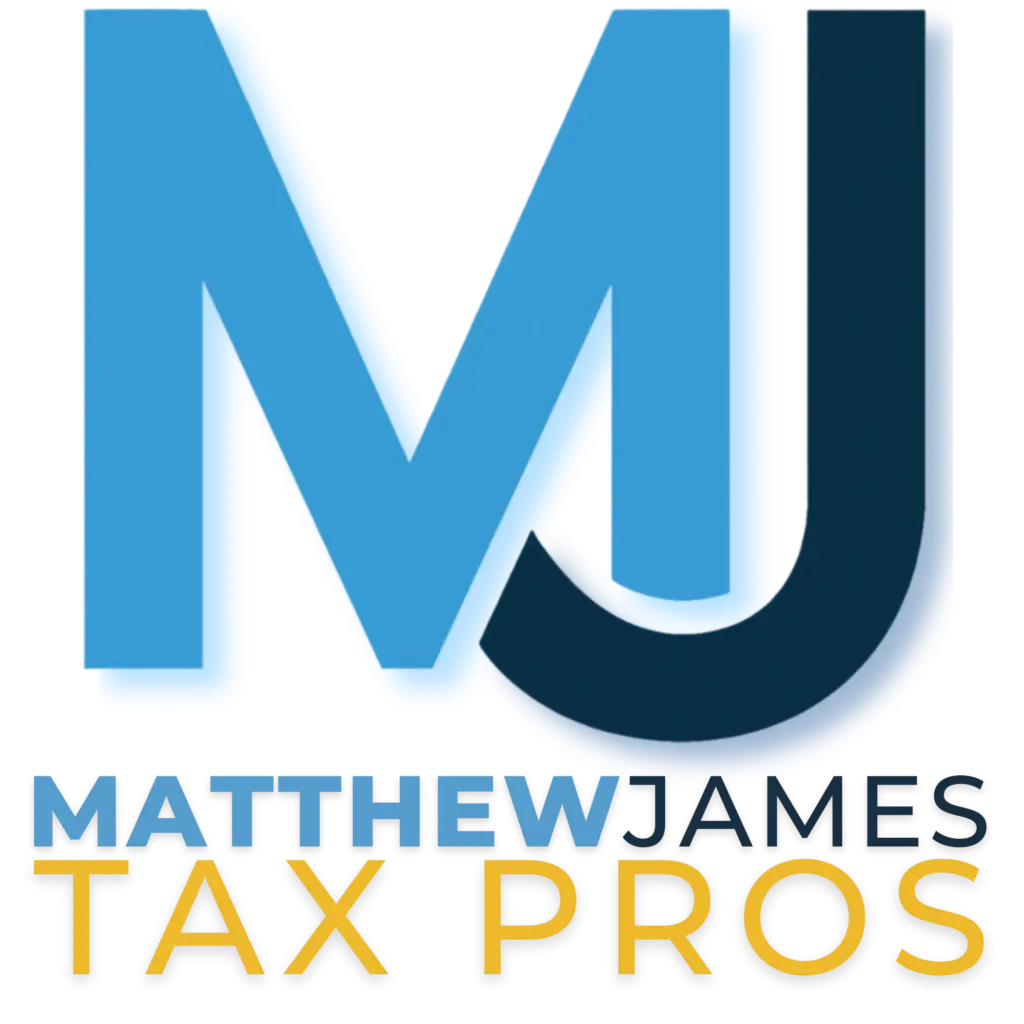In the high-stakes world of professional sports, athletes face unique financial challenges and opportunities. With substantial earnings from contracts, endorsements, and other ventures, managing finances effectively is crucial. One often overlooked yet vital aspect of financial management is tax optimization. For professional athletes, optimizing taxes can be a total game changer, impacting not only their current financial health but also their long-term wealth and stability. This article explores the reasons why tax optimization is essential for professional athletes and how it can significantly influence their financial success.
Understanding the Financial Landscape of Professional Athletes
Professional athletes often earn significant incomes, but their careers are typically shorter than those in other professions. The average career span of an athlete can range from a few years to a decade or two, depending on the sport. During this time, athletes must capitalize on their earnings to ensure financial security long after retirement. This necessitates a strategic approach to financial planning, with tax optimization playing a pivotal role.
The Impact of High Earnings and Taxes
Athletes often fall into the highest tax brackets due to their substantial earnings. In the United States, for instance, federal income tax rates for top earners can reach up to 37%. Additionally, athletes may face state and local taxes, which can vary significantly depending on where they live and play. International athletes may also deal with complex tax obligations in multiple countries. Without proper tax planning, a significant portion of an athlete’s earnings can be lost to taxes, diminishing their net income and long-term financial stability.
Key Reasons Why Tax Optimization is Crucial
1. Maximizing Net Income
The most immediate benefit of tax optimization is the ability to maximize net income. By leveraging various tax strategies, athletes can reduce their taxable income and retain more of their earnings. This can be achieved through deductions, credits, and strategic financial planning. For instance, athletes can invest in retirement accounts, such as 401(k)s or IRAs, which offer tax benefits and help secure their financial future.
2. Managing Endorsement and Sponsorship Income
Endorsement and sponsorship deals are a significant source of income for many athletes. However, these deals can also create complex tax situations. Athletes may receive compensation in the form of cash, stock options, or other assets, each with different tax implications. Properly structuring these deals can minimize tax liabilities and maximize after-tax income. For example, deferring compensation or taking advantage of capital gains tax rates can result in substantial tax savings.
3. Navigating Multistate and International Tax Issues
Athletes often compete in multiple states and countries, each with its own tax regulations. This creates a web of tax obligations that can be challenging to navigate. Tax optimization involves understanding and complying with these various tax laws while minimizing liabilities. For example, athletes can benefit from state tax credits, tax treaties, and other provisions that reduce the overall tax burden. Hiring tax professionals with expertise in multistate and international taxation is essential for managing these complexities effectively.
4. Planning for Post-Career Financial Security
Given the relatively short careers of professional athletes, planning for post-career financial security is crucial. Tax optimization plays a significant role in this planning. By strategically managing taxes, athletes can build a robust financial foundation for life after sports. This includes investing in diversified portfolios, real estate, and other assets that offer tax advantages and long-term growth potential. Proper estate planning is also essential to ensure that wealth is preserved and transferred efficiently to future generations.
5. Avoiding Legal and Financial Pitfalls
Failure to optimize taxes can lead to legal and financial pitfalls. Athletes who neglect tax planning may face audits, penalties, and interest charges from tax authorities. Additionally, poor tax management can result in cash flow issues, limiting an athlete’s ability to invest and spend wisely. By proactively optimizing taxes, athletes can avoid these risks and maintain financial stability. Working with experienced tax advisors helps ensure compliance with tax laws and minimizes the likelihood of costly mistakes.
Strategies for Effective Tax Optimization
1. Leveraging Tax-Advantaged Accounts
Athletes can take advantage of various tax-advantaged accounts to reduce taxable income. Contributions to retirement accounts, such as 401(k)s, IRAs, and Roth IRAs, can provide immediate tax benefits and long-term financial security. Health Savings Accounts (HSAs) and Education Savings Accounts (ESAs) also offer tax advantages and can be valuable tools for managing healthcare and education expenses.
2. Charitable Giving and Philanthropy
Charitable giving is not only a way for athletes to give back to their communities but also a powerful tax optimization strategy. Donations to qualified charitable organizations can result in significant tax deductions. Establishing charitable foundations or donor-advised funds can provide additional tax benefits while allowing athletes to support causes they care about.
3. Income Deferral and Timing
Timing income and deferring compensation can be effective strategies for minimizing tax liabilities. For example, athletes can negotiate contracts that spread income over multiple years, reducing the impact of high marginal tax rates. Additionally, timing the recognition of income and expenses can help manage taxable income and take advantage of favorable tax rates and deductions.
4. Investment Strategies
Strategic investment planning is essential for tax optimization. Athletes can invest in assets that offer tax advantages, such as municipal bonds, which provide tax-free interest income. Capital gains from investments held for more than a year are typically taxed at lower rates than ordinary income, making long-term investment strategies beneficial. Tax-loss harvesting, where losing investments are sold to offset gains, can also reduce taxable income.
5. Professional Tax Advice
Given the complexity of tax laws and the unique financial situations of professional athletes, working with experienced tax advisors is crucial. Tax professionals can provide personalized advice, identify tax-saving opportunities, and ensure compliance with tax regulations. They can also help athletes develop comprehensive financial plans that integrate tax optimization with other financial goals.
Optimizing taxes is a total game changer for professional athletes, offering substantial benefits that extend far beyond immediate financial gains. By maximizing net income, managing endorsement and sponsorship income, navigating multi-state and international tax issues, planning for post-career financial security, and avoiding legal and financial pitfalls, athletes can achieve greater financial success and stability. Implementing effective tax optimization strategies, with the guidance of experienced tax advisors, is essential for athletes to make the most of their earnings and secure their financial future.




